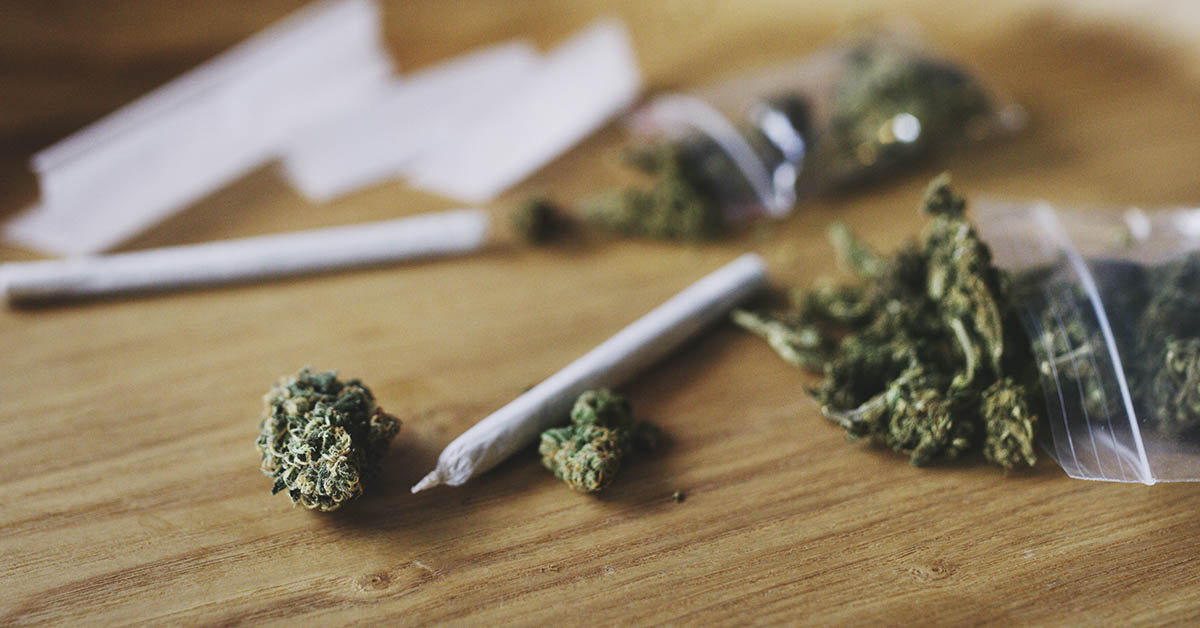Cannabis use was demonized and classified as an illegal drug for decades. However, in recent years, there has been a major shift in public opinion regarding its use. Cannabis is beneficial for many conditions, such as chronic pain, epilepsy, multiple sclerosis, and cancer-related symptoms. Today, we can find a large range of cannabis products available on the market to treat these conditions, including oils, tinctures, and edible gummies. But are cannabis gummies safe, and what are the cannabis side effects? New research has indicated that there are several marijuana health risks that users should be aware of.
Can a Natural Product Be Dangerous?
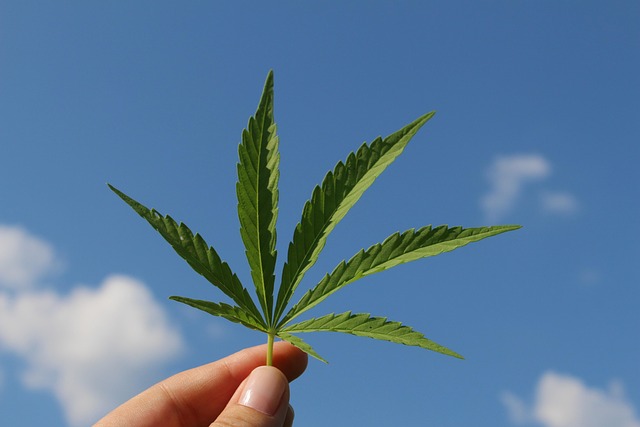
One of the most common arguments is that there shouldn’t be any cannabis side effects since the plant is natural. However, this is not really true, as tobacco is a natural product that can also cause harm to the body, even if used in its natural state. Cannabis is currently legal for medical use in 39 US states and allowed for recreational use in 24 out of 50 states. This is a major breakthrough for personal freedoms, especially when comparing cannabis side effects with the dangers of alcohol consumption. However, it also creates an environment where people are less likely to consider any potential marijuana health risks.
Read More: Scientists Have Discovered The Ancient Origins of Cannabis
The Study on Marijuana Health Risks
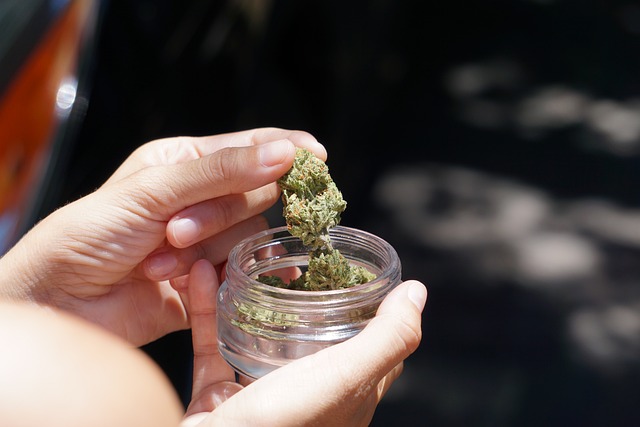
Researchers at UC San Francisco published their findings from their study that investigated long-term cannabis use. The study surveyed 55 individuals aged between 18 and 50 who showed no obvious signs of illness and divided them into three different groups based on their use of cannabis. The individuals who smoked regularly were put into one group, those who ate gummies were put in another group, and non-users were put in the third group. Most of the smokers had been using cannabis for around 10 years, and most of the gummi eaters had been using it for about five years on average.
Results of the Study

The participants were all examined to determine the state of their blood vessels and to examine whether the cells lining the vessels were affected. The researchers found that all of the cannabis uses exhibited an increased risk of developing heart problems later in life. Regardless of whether the cannabis was smoked or eaten, they found a link between its use and a higher chance of developing heart disease. The study indicated decreased vascular function comparable to that of tobacco smokers. The cannabis side effects were quite significant too, with those tested exhibiting half the blood vessel function as non-users.
Other Marijuana Health Risks
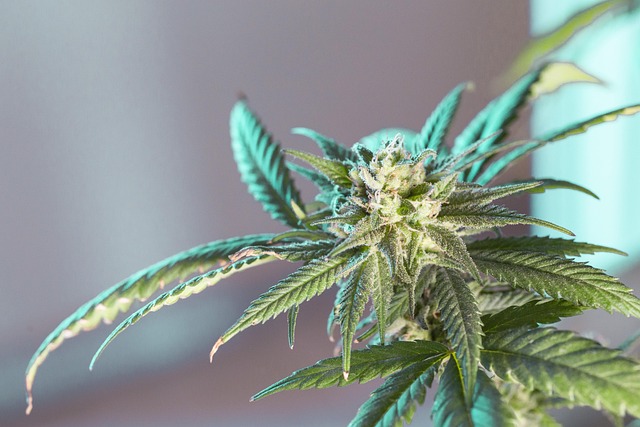
Other studies have indicated additional marijuana health risks besides reduced blood vessel function. A new large-scale study found that heavy use of cannabis can dramatically impair brain function, specifically working memory. This decrease in brain activity may have an effect on daily tasks requiring memory and concentration, such as decision-making and problem-solving tasks. Another study revealed that people aged 45 and up who needed emergency or hospital treatment due to cannabis had a considerably increased risk of developing dementia within five years.
Read More: Could Cannabis Use Raise Dementia Risk? Hospital Data Suggests a Possible Connection
Are Cannabis Gummies Safe?

According to the study, those who ate cannabis gummies exhibited exactly the same risks as those who smoked it. However, the individuals who smoked were noted to display blood serum changes that damaged cells lining the lymphatic vessels and blood cells. According to the study’s researchers, “Chronic cannabis smoking and THC ingestion were associated with endothelial dysfunction [impaired functioning of the endothelial cells lining the inside of blood vessels] similar to that observed in tobacco smokers, although apparently occurring via distinct mechanisms.”
Revelations of the Study
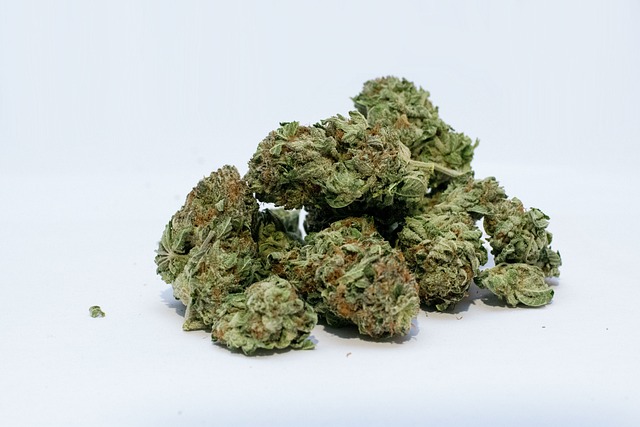
This study enhances our understanding of the potential marijuana health risks associated with its use. It indicates that cannabis side effects may not be totally benign. While cardiologists have suspected these findings for a while, this study reaffirms their suspicions and previous studies. However, a 55-person study is not a significant indication of the general population. More studies would have to be conducted to validate these findings on a larger scale. The aim is not to scare people who use it, but rather to provide them with a more well-rounded perspective of the potential side effects.
Studies Regarding the Health Benefits of Cannabis Use

Despite the recent findings on marijuana health risks, plenty of well-documented studies have found that cannabis has several potential health benefits. For example, a 2017 study indicated that there is strong evidence supporting cannabis’ capacity to alleviate chronic pain in adults. This is particularly crucial for patients exploring alternatives to opioids, which carry a significant risk of developing dependence or overdosing. Cannabis has also demonstrated potential for treating neurological and epileptic disorders. Cannabis may also benefit individuals undergoing chemotherapy by alleviating some of the most undesirable side effects.
The Bottom Line
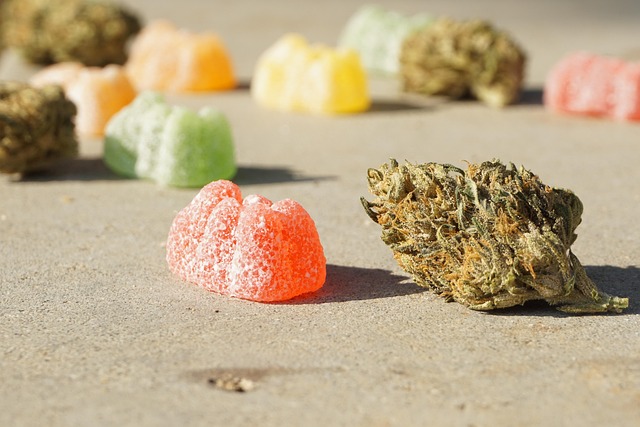
Cannabis is a complex plant that poses both therapeutic and health risks. While it relieves chronic pain, epilepsy, and the effects of chemotherapy, recent research suggests that use over time may lead to vascular damage and cognitive deterioration. This pertains to both smoking and gummie consumption. As cannabis grows increasingly popular, it is important to recognize that “natural” does not always mean healthy. Individuals should approach cannabis with the same caution as any other powerful substance, acknowledging its benefits while keeping mindful of its risks.
Read More: In a Surprising Discovery, Scientists Identify Cannabidiol in a Non-Cannabis Brazilian Plant
